Introduction to O DATA Implementations and Libraries
O DATA, the Open Data Protocol, has gained significant popularity as a standard for building Web APIs that enable data exchange between clients and servers. To implement O DATA services efficiently, developers can take advantage of various O DATA implementations and libraries. In this article, we will explore the most popular O DATA implementations, client libraries for different programming languages, and how O DATA can be integrated into web and mobile applications.
1. Popular O DATA Implementations
ASP.NET Web API
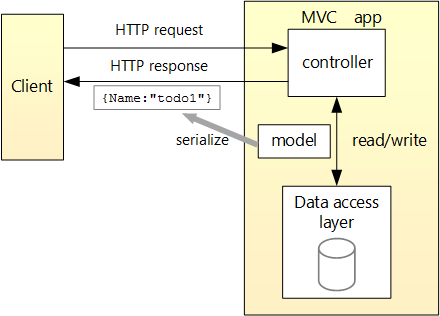
ASP.NET Web API is a robust framework provided by Microsoft for building RESTful APIs, including O DATA services. It is a part of the ASP.NET platform and offers seamless integration with other Microsoft technologies, making it a preferred choice for developers in the .NET ecosystem. ASP.NET Web API allows developers to create O DATA services using C# and provides extensive support for query options, content negotiation, and O DATA formats like JSON and XML.
Node.js O DATA Implementations

Node.js O Data is a lightweight and flexible library that enables developers to create O DATA services using JavaScript and the Node.js runtime environment. Node.js O Data is suitable for developers who prefer to work with JavaScript on both the client and server sides. It provides a straightforward and efficient solution for building O DATA services that can handle large-scale data processing. The library supports query options, routing, and other O DATA features, making it a valuable choice for Node.js developers.
Apache Olingo
Apache Olingo is an open-source Java library that offers a comprehensive O DATA implementation for Java-based applications. It is developed by the Apache Software Foundation and is widely adopted in enterprise-level applications. Apache Olingo provides support for both O DATA version 2 and O DATA version 4, ensuring compatibility with different O DATA clients and servers. The library comes with a rich set of features, including entity handling, query options, and content negotiation, making it a versatile choice for Java developers.
2. Client Libraries for Different Programming Languages
To consume O DATA services from various client applications, developers can utilize client libraries that provide support for O DATA protocols and formats in different programming languages. These client libraries simplify the process of interacting with O DATA services and enable seamless integration of O DATA data sources into client applications. Here are some examples of client libraries for popular programming languages:
C#/.NET
-
- OData Client for .NET: This is the official O DATA client library for .NET applications. It provides strong type-checking, query composition, and easy integration with O DATA services.
JavaScript
-
- JayData: JayData is a JavaScript library that allows developers to query O DATA services using a LINQ-like syntax. It supports both browser-based and server-side JavaScript applications.
Java
-
- Apache Olingo Client: Apache Olingo also offers a client library that allows Java applications to interact with O DATA services. It provides a rich set of features for consuming O DATA resources.
Python
-
- PyOData: PyOData is a Python library that facilitates O DATA service consumption. It provides support for O DATA query options and data manipulation.
3. Integration with Web and Mobile Applications
O DATA services offer a convenient way to expose data from the server to web and mobile applications. By integrating O DATA into their applications, developers can take advantage of standardized data access and benefit from the features provided by O DATA, such as filtering, sorting, and paging. Here are some key points to consider when integrating O DATA into web and mobile applications:
API Endpoints

Developers should determine the O DATA API endpoints based on the data they want to access. O DATA services typically expose entities and entity sets as API endpoints, which can be queried and manipulated by clients.
Data Binding
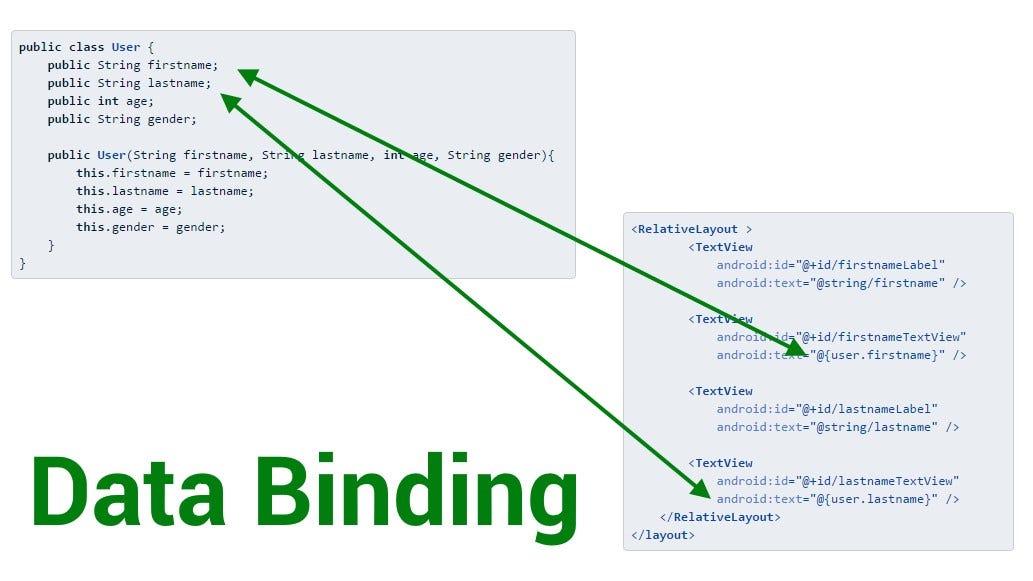
Data binding is a crucial aspect of integrating O DATA with web and mobile applications. Modern frameworks and libraries support O DATA data binding, which simplifies the process of fetching and displaying data from O DATA services in the user interface.
Authentication and Authorization
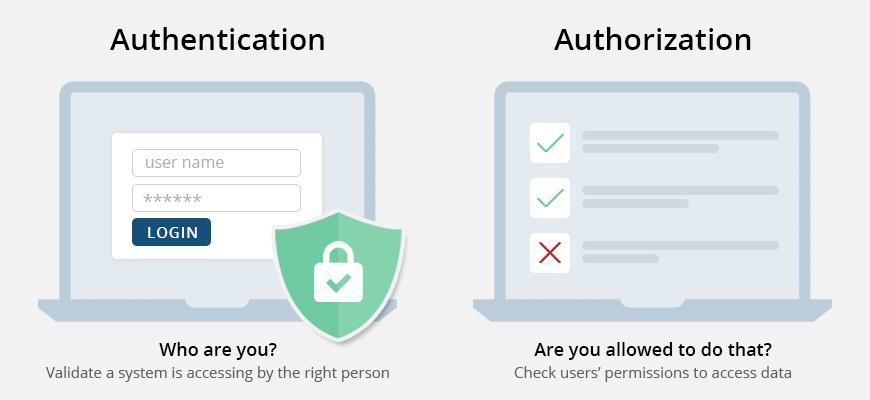
Implementing proper authentication and authorization mechanisms is essential to secure O DATA services. Web and mobile applications should use appropriate authentication methods, such as OAuth, to ensure that only authorized users can access sensitive data.
Caching
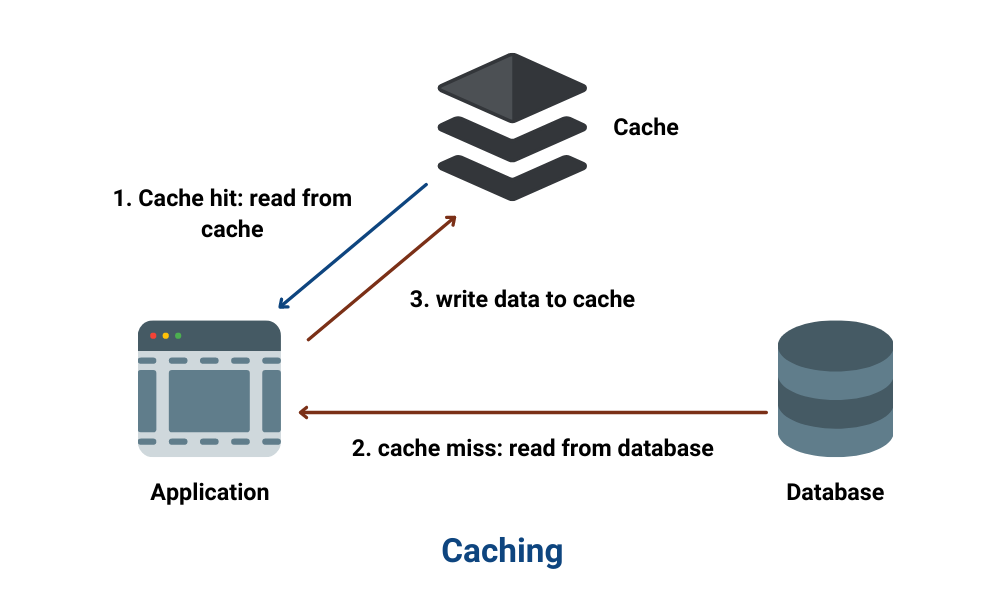
To optimize performance and reduce server load, developers can implement caching mechanisms in web and mobile applications. Caching allows frequently requested data to be stored locally, reducing the need for repeated requests to the server.
Conclusion of O DATA Implementations
O DATA implementations and client libraries play a vital role in building and consuming O DATA services. Developers can choose from popular O DATA implementations such as ASP.NET Web API, Node.js O Data, and Apache Olingo, depending on their technology stack and project requirements. Additionally, client libraries in different programming languages simplify data consumption from O DATA services in web and mobile applications. By integrating O DATA into their applications, developers can harness the power of standardized data exchange, enabling efficient and scalable data access across various platforms and devices.
FAQs (Frequently Asked Questions)
-
- What is the benefit of using O DATA implementations over building custom APIs? O DATA implementations provide a standardized and efficient way of building APIs, reducing development time and effort. They also ensure compliance with O DATA standards and compatibility with other O DATA clients and servers.
-
- Can I use client libraries to consume O DATA services in mobile applications? Yes, client libraries for different programming languages, such as JavaScript and Java, can be used to consume O DATA services in mobile applications. These libraries simplify data access and integration with O DATA services.
-
- Are O DATA implementations limited to specific platforms? No, O DATA implementations are available for various platforms, including .NET, Node.js, and Java, allowing developers to choose the implementation that best suits their technology stack.
-
- Is it possible to create custom client libraries for O DATA in other programming languages? Yes, developers can create custom client libraries for O DATA in any programming language that supports HTTP communication and parsing of O DATA response formats such as JSON and XML.
-
- Is caching necessary for O DATA services in web and mobile applications? Caching can significantly improve the performance of O DATA services in web and mobile applications by reducing the need for repeated requests to the server. It is especially useful for data that does not change frequently.
Bonus: Enterprise Resource Planning(ERP) Unlocking Business Efficiency
PART-6 PART-8Find Your Preferred Courses


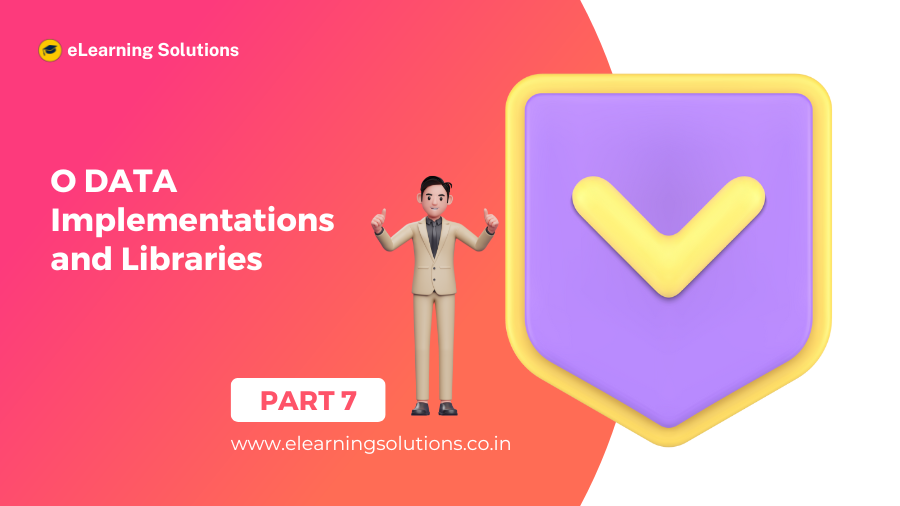

 WhatsApp us
WhatsApp us